I am the daughter of two Hindus in a more or less Christian country. Caught between two cultures, I was outside both. My parents, though nominally as much Hindus as anyone else, observed Diwali and lit an oil lamp to "God' at night. I was told to say my prayers in front of this light but as I stood there with arms folded in front of me, I had no idea what I supposed to be saying, or thinking. My parents took me along to all sorts of religious celebrations and poojas and my embarrassment at my ignorance of the Sanskrit prayers and chants was compounded with the feeling that I couldn't identify with anything that was going on and didn't really belong.
Our secondary school headmaster was a progressive man and discussed teachings from all religions and none in daily assemblies. I was always so interested in the lessons from life that one could learn from these and I respected him for his open-mindedness. I had made up my mind quite late in Primary school, as has Darling Daughter after me, that I had no religious faith, though the term Atheist came much later. My husband and I had two wedding ceremonies: a non-religious registry office affair, according to our lack of belief, and a full-blown Hindu ceremony to appease my parents during which my husband learned to say all the Sanskrit vows. Yes, I felt like a hypocrite. I still do when I sing sacred music, inspired and written to celebrate and glorify the Christian God. I am not really against other peoples' faith, I suppose, inspiring as it does so much beauty in art, music and thought. It's just that I don't share it.
I suppose it's because I've never liked being told what to do by other people who don't necessarily know better than me what's good for me. I cannot bring myself to believe in systems that perpetuate the misogyny, the misanthropy in fact, of the middle ages in our modern world. I cannot agree with religions that seek to deny women human rights or any control over their own fertility, consigning so many to a miserable, impoverished existence. I cannot agree with belief systems that perpetuate discrimination, racism or homophobia, or those that justify killing innocents in their name. I do not seek to single out any religion in particular here: all belief systems seem to incorporate aspects of these, to me, objectionable teachings. I still cannot understand how people can espouse the teachings of a faith and yet choose to disregard aspects that don't suit them such as contraception or abortion or divorce or homophobia or stealing or adultery with such a cheery dismissive wave of their hand. Further, I think it is perfectly possible to have a moral code without practising religion.
I have always seen religion as a way for people to organise society, to soothe their fear of death and to rationalise the bad things that happen to them as a means towards a higher purpose. When planes flew into American buildings in September 2001, so many people in our suburban community had relatives who were or could easily have been destroyed. My husband could have been working in the World Trade Centre had he accepted an offered posting to New York. Organisations and people with whom he dealt were wiped out. Some turned to their religious faith in the aftermath of this terrible event and I was struck by how much comfort people could draw from their faith in an ever-loving God. I envied them their certainty.This post does not attempt to go into the intellectual arguments for and against faith and religion. It is based on my gut feeling and my lack of faith and it is very difficult to argue with someone who holds strong faith for whom God is ever present. That's fine for you, but God for me just isn't there. I have thought and thought about this, and always come back to this conclusion.
Now, I got myself into very hot water just before Christmas in the aftermath of the death of Christopher Hitchens when a Facebook friend posted an extract from a debate of his on her wall. The debate was the well-rehearsed argument about the Catholic Church and Mother Teresa and contraception and poverty. My cousin, who has espoused Catholicism in recent years, disagreed with me and we had an uncomfortable debate about pick and mix religion on my wall. I grew up without knowing my cousins and we have only become closer in the last few years, drawn together by life events and the need to make sure our own children had someone to call family. As we were due to spend a lot of time together over Christmas - she currently lives on the other side of the world - the last thing I wanted to do was to have a huge argument on Facebook about faith. So we both let the debate hang uncomfortably in the air. There were a couple of tense moments over the Christmas holidays, but tensions were very soon buried and forgotten. When I met my cousin for the final time before she flew back home, we chatted about this uncomfortable impasse and we both laughed at how we had been afraid to upset each other over Christmas. It was heart-warming.
Five weeks later, that same cousin lies in hospital with a life-threatening illness. There is nothing I can do to make her better. She is so far away. We are forced to have faith in the progress made by modern medicine. I am sure her faith in God is a comfort to her. If I had faith, I would pray for her quick recovery. I wish I did, and that I believed in the power of prayer. I don't so I can't but I could well be wrong. So if you are reading this post and you do believe in God, please would you remember Nisha in your own prayers? Thank you. x
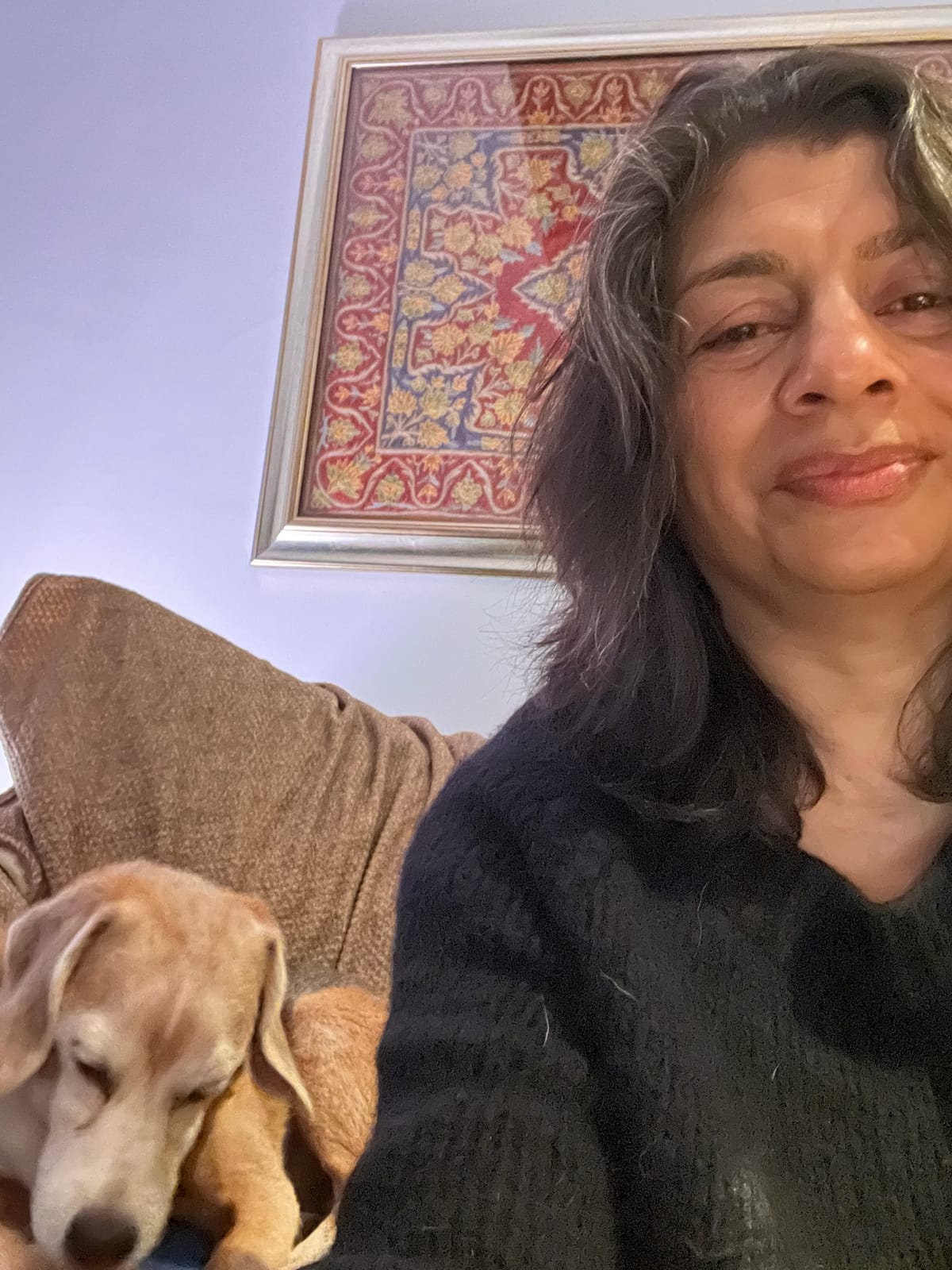
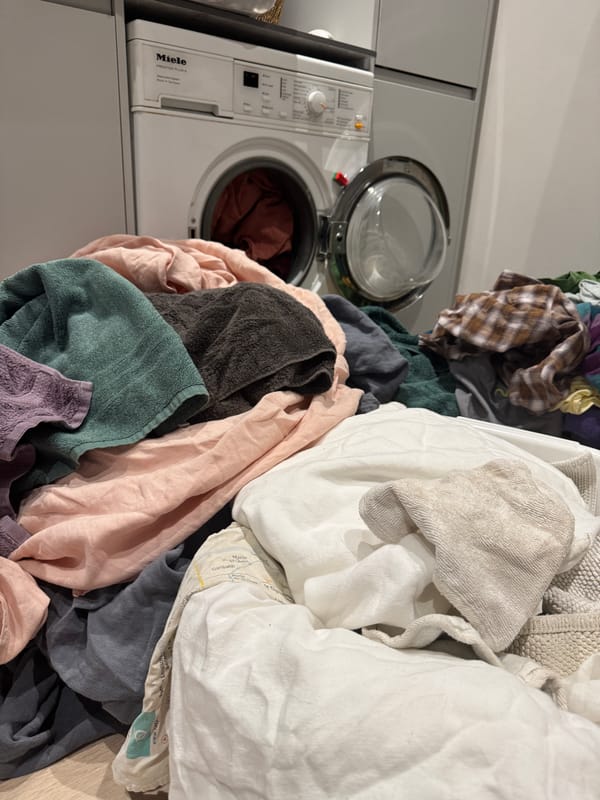
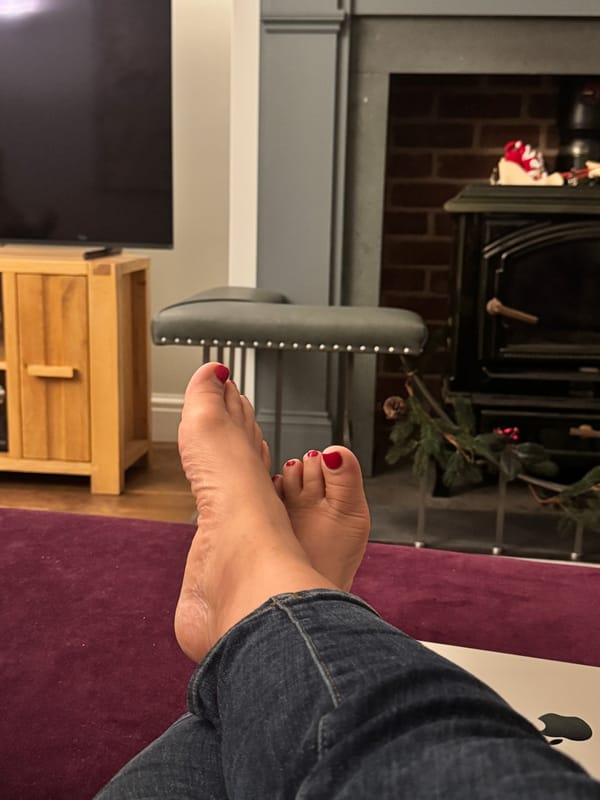
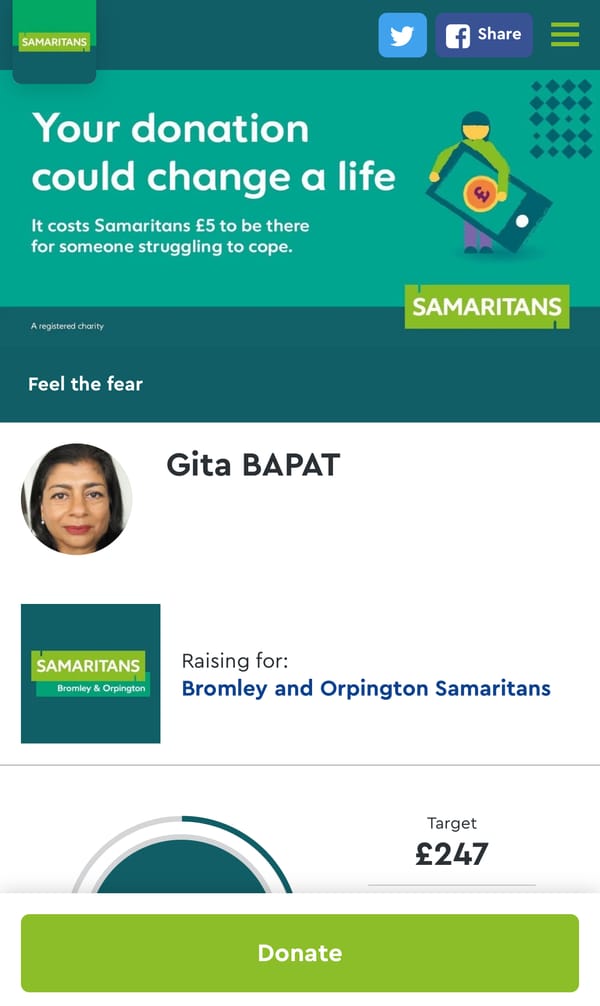

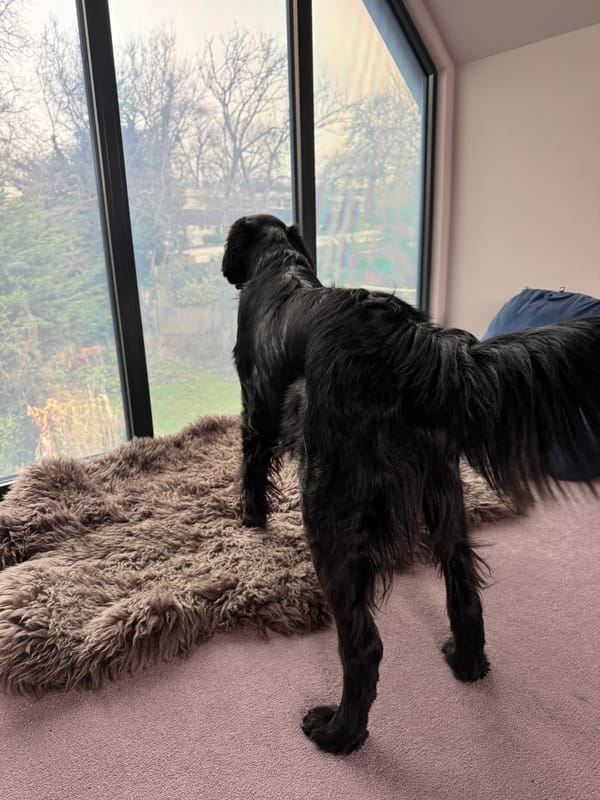
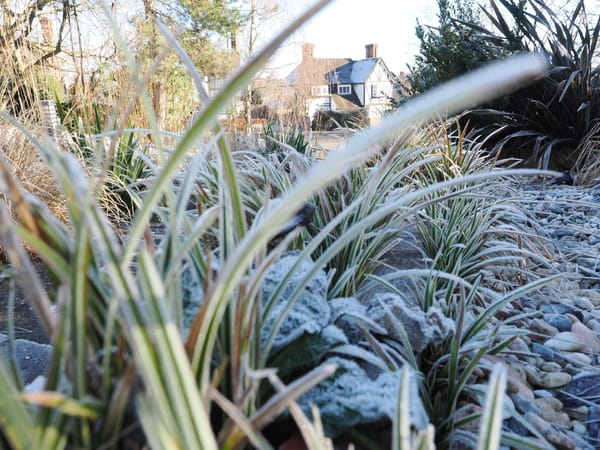
Member comments